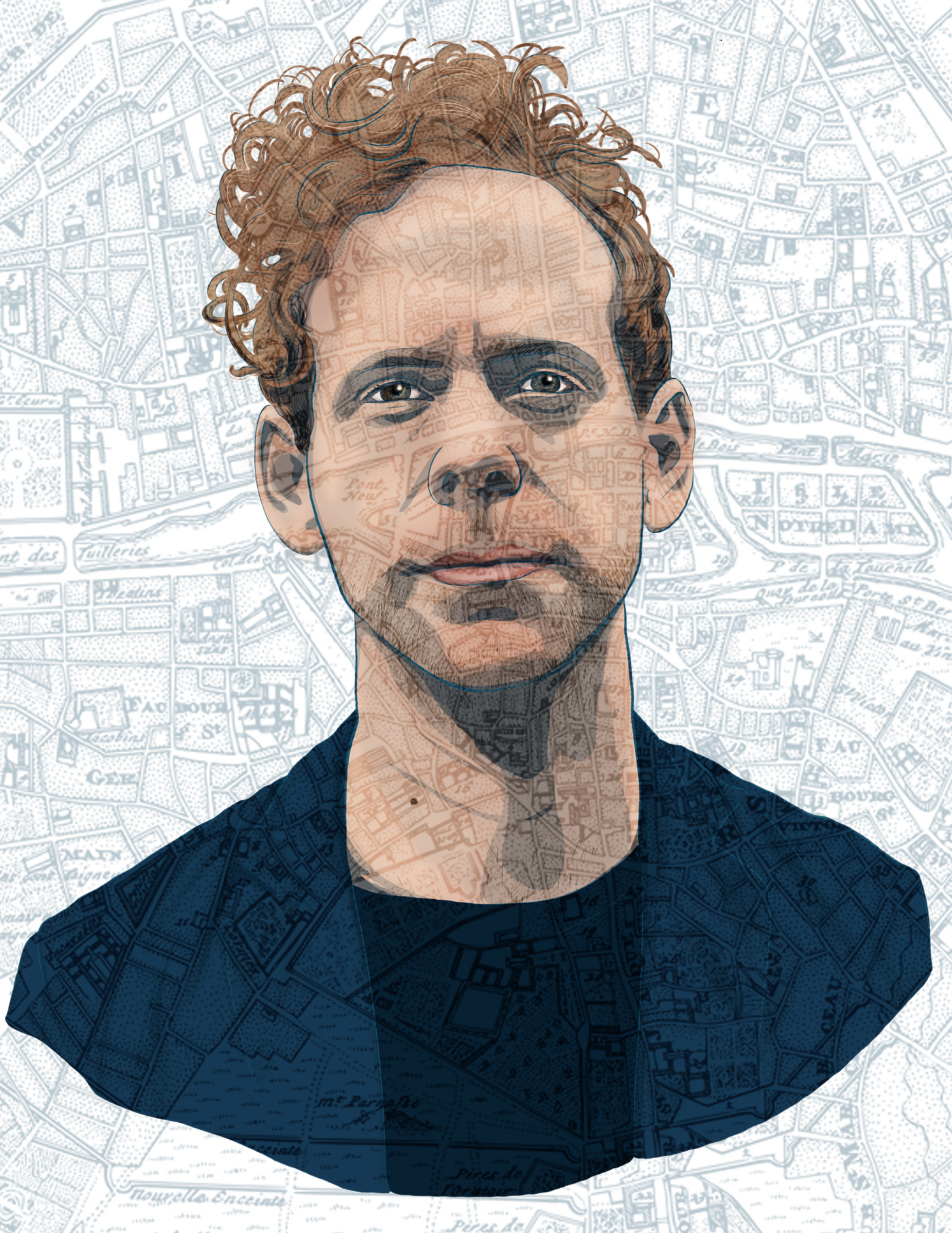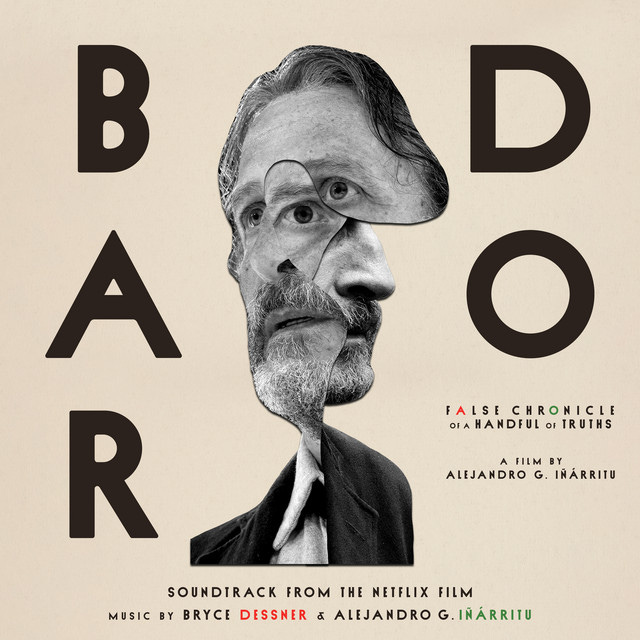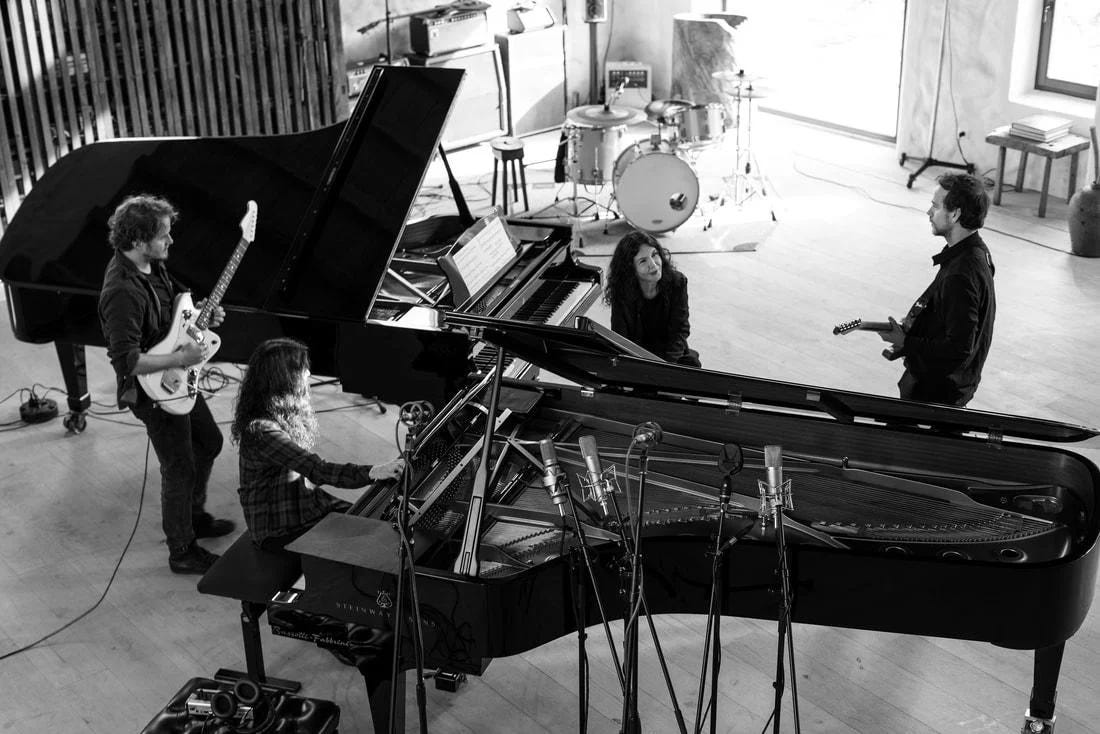En5 — COMPOSER: Bryce Dessner
FROM THE ARCHIVES: “If I’m pointing at the moon, don’t draw my finger.”
WORDS BY LAUREN VELVICK
ILLUSTRATION BY ELLA MAZU
INTERVIEW BY MICHAEL ZARATHUS-COOK
Artists can approach their field of work with a honed specificity, nearing virtuosity in their command of a particular instrument or medium. Many of Bryce Dessner’s collaborators — Alejandro Iñárritu, Katia and Marielle Labèque, and Anne Carson among them — might fit neatly into this bracket. However, his expansive and cooperative practice seeks the passageways that can be found between art forms and, in turn, art worlds. On the occasion of taking up residence at Yale University’s newly-opened Schwartzman Center, Dessner discusses the push and pull inherent in a collaborative artistic process, particularly the nuances of composing for cinema, and how this can be mapped onto the complementary roles taken within a band.
For Dessner, chamber music and classical composition followed playing in a band, and now the immersive sound environment found in film and installation is a source of insight. In the trajectory of Dessner’s journey, the interplay between classical music and visual art appears with film as an intermediary but, interestingly, opera also plays an important role. It makes sense, given his origins, that the spoken or sung word would be a meaningful consideration. His latest film project seems to bring this full circle─composing for Rebecca Miller’s She Came to Me, a film partly about a composer finding his way back to music.
While Dessner describes his time at Yale in almost entirely positive terms, the Schwartzman Center residency will serve as a way to address what he describes as a “walled elite institution.” Despite all its attending privilege and inequality, the residency nonetheless exists within different intersecting communities, not the least being the city that the school is based in. Drawing on the way his own practice in composition has progressed, but also morphed to accommodate the ideas of others and entirely different forms of performance and experience, Dessner seeks to foster an interdisciplinary atmosphere, creating space for practitioners to reach outside of the potentially narrow confines of their graduate studies.
Also important to him is the richness to be found in an instinctively open-minded approach to the artistry of others, finding value both in the “Juilliard-trained polymaths” and “self-taught amateur musicians” that he has encountered throughout his varied career. Now, Dressner enjoys a newfound opportunity to communicate this approach to another generation of artists.
CLIP: On upcoming projects
Keep reading with a 7-day free trial
Subscribe to PERFORMING ARTS to keep reading this post and get 7 days of free access to the full post archives.









